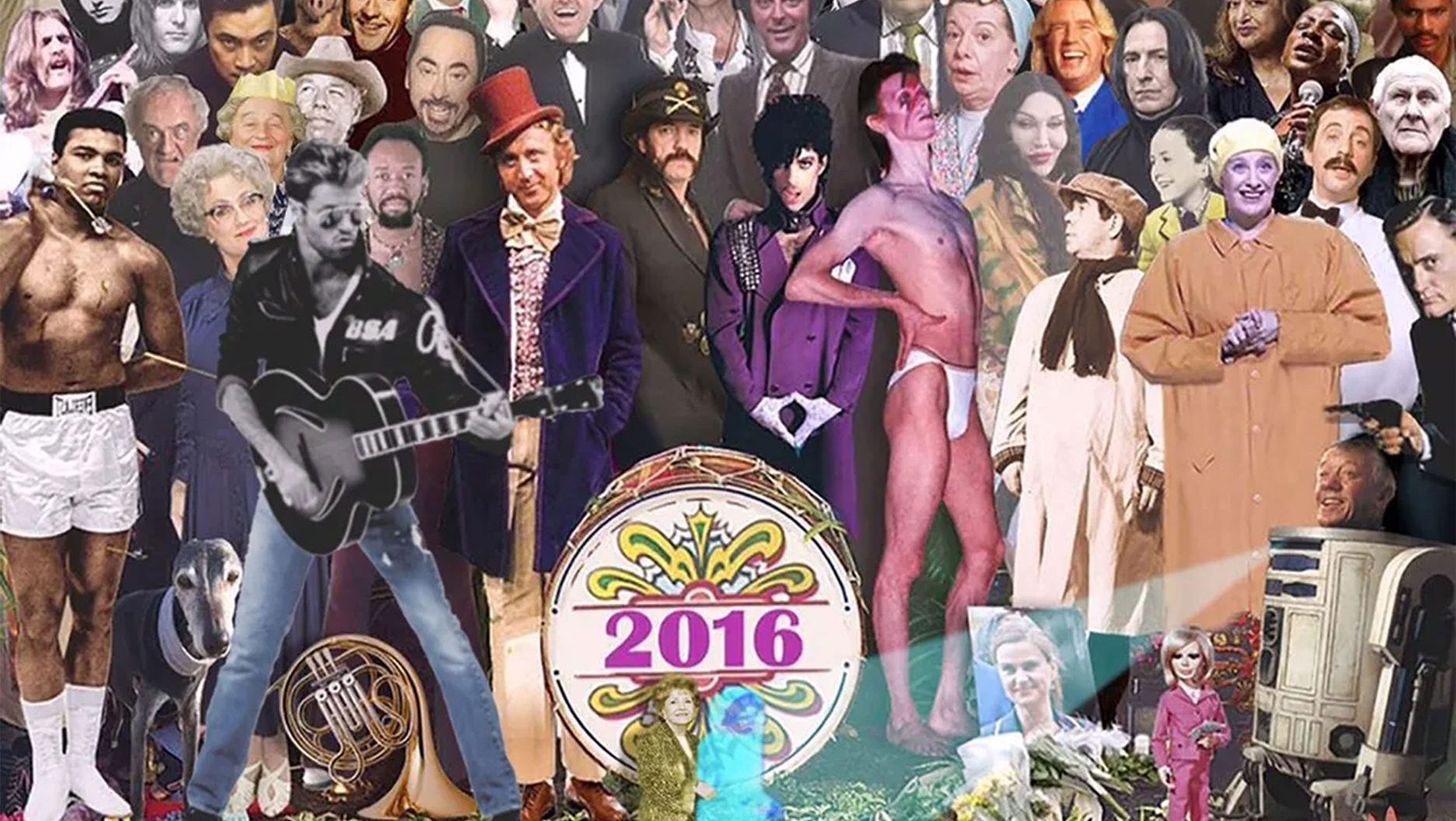Have you ever written a eulogy? It’s not, in my personal experience, a particularly fun task; piecing together memories, dredging through fragments of a life and trying to craft a narrative that speaks both to the individual and to the memory of them held by each person who will hear it… I confess that each time I’ve had to do it, I have at some point wished that, well, it was someone else’s responsibility.
Now, thanks to the “magic” of AI, it very much can be. If you are struggling to find the words to commemorate the life and legacy of a loved one – well, you don’t have to any more! Simply fire up a service like Eulogy Expert and it will take you through a series of questions designed to draw out information about the person you’re looking to memorialise; a variety of prompts ensue that feel uncannily familiar, eerily reminiscent of the user experience you’d get from a job application or from Microsoft’s Clippy helping you to build a CV circa 1994 (“tell us about a time the deceased did something uniquely memorable!”). Depending on the tool you use, you can select tonal modifiers (“sombre”; “light-hearted”; “spiritual”; I am, sadly, yet to see “erotic” or “deranged” as options), the chance to reference specific Bible verses or even to include quotes that you or the deceased found meaningful.
Provide the front-end with as much information as you’re willing to give, running through personal qualities and reminiscences in as much or as little detail as you wish, and after 5-10 minutes of answering questions you’re presented with a teaser paragraph and the opportunity to access the whole thing for between £20 and £30. So… what do you get for your money?
DeathSlop, basically. As with all AI-generated copy, the models underpinning each of these services are simply pulling together probabilistically determined collections of words that they “think” will match your request, which means that the resultant prose sits right at the very centre of the eulogy bellcurve and no cliche gets left unused.
The deceased, you might be told, had a “soul whose depth was as vast as the seas he so loved to explore”; they “taught us all to savour the moment, no matter how strange or stormy”; he “might not have chosen every card life dealt him – but he played them with courage, humour and love,” and he had “a magnetic personality – a natural charisma that made everyone feel valued and heard”.
Of course, tools such as this are built on top of third-party models, in effect a tweaked front-end to someone else’s AI. Does the quality improve if you ask the current best version of, say, ChatGPT to write a heartfelt memorial? In the interests of journalistic enquiry, I asked The Machine to write a eulogy for me, based on everything it had gleaned from our previous conversations (this is a very creepy experience which I do not recommend in the slightest).
Suggested Reading


AI is a bubble that is going to burst
The result? Despite GPT5’s confusion as to my preferred pronouns, I can’t pretend I wasn’t slightly touched by the following summary of my time on earth: “Their curiosity was elastic and generous. Their wit could be sharp, but never unkind. They gave credit, opened doors, connected strangers, and made space for voices that didn’t think they belonged. In a culture that often optimises for louder, faster, more, they chose thoughtful, careful, better.” Yeah, fine, I’ll take that.
It’s easy to mock, of course, and to laugh at the stilted prose and the empty attempts at emotional depth performed by some very complicated maths that understands neither emotion nor depth, but perhaps we should be less quick to judge. Not everyone has a natural facility with language, and, even for those for whom writing comes relatively easily, eulogising the dead is not a simple or straightforward task.
Is it really so wrong to outsource the work? After all, all that is happening here is that fragments of memory are being collated and arranged into a coherent narrative – which, after all, is all that we are doing when we celebrate someone’s life. Does it matter that we’re getting a statistical helping hand when it comes to arranging the words in a vaguely pleasing order? If you’re stricken with grief and struggling to manage the very practical realities associated with death, it can be a relief to offload a part of that to a tool that can quickly and easily help.
The question, to an extent, is about what the point of a eulogy is; whether it’s the production of an account of a life, or an opportunity for the person tasked with writing it to reflect on their relationship with the dead, to produce an account of that specific life as seen by this specific person, to be shared with these specific friends and family.
It’s here where the AI necessarily fails – it cannot, it will not, ever be able to see beyond the bald facts fed to it, to gain a conception of what a “life” is, or what it might be to live one. Quite apart from the stilted prose and the ceaseless resort to cliche, it’s the lack of comprehension of what it means to have existed that prevents an AI from being able to celebrate an existence that has ended – and that, surely, is why we bother with eulogies at all.
That said, feel free to get Grok to do mine – after all, I’ll be dead and won’t care one iota.
Matt Muir is a tech journalist




